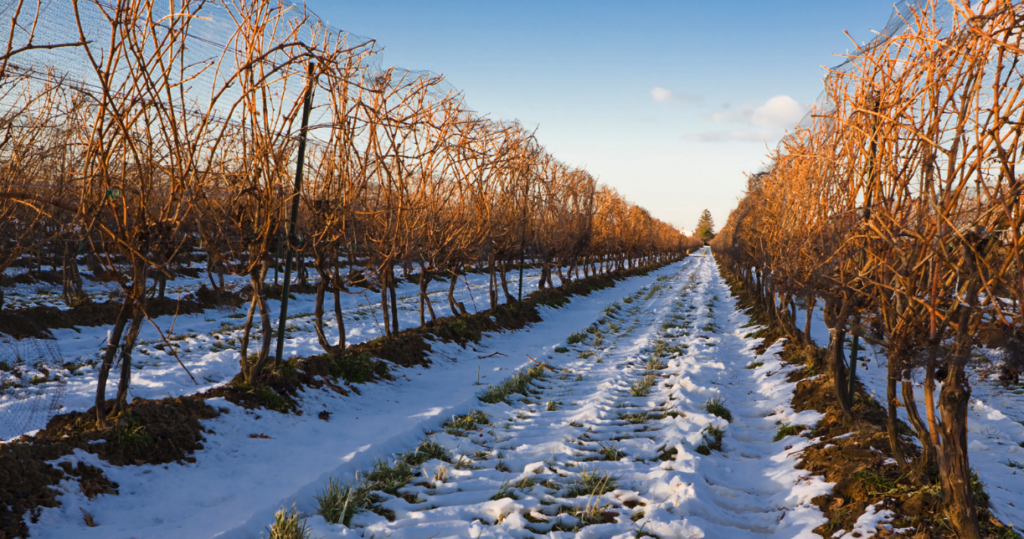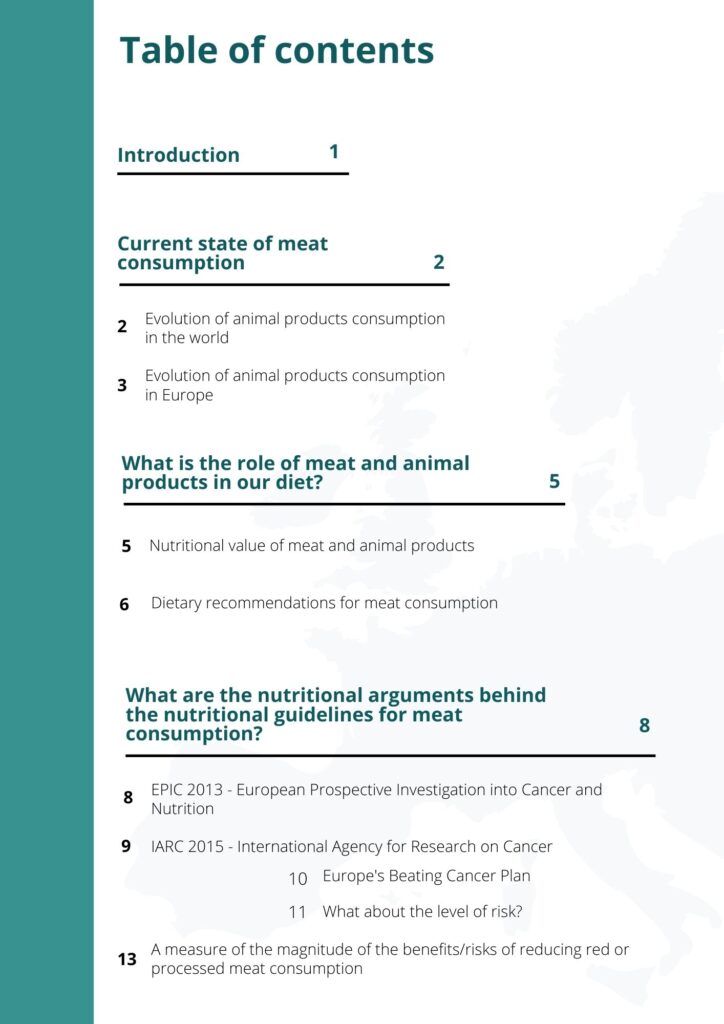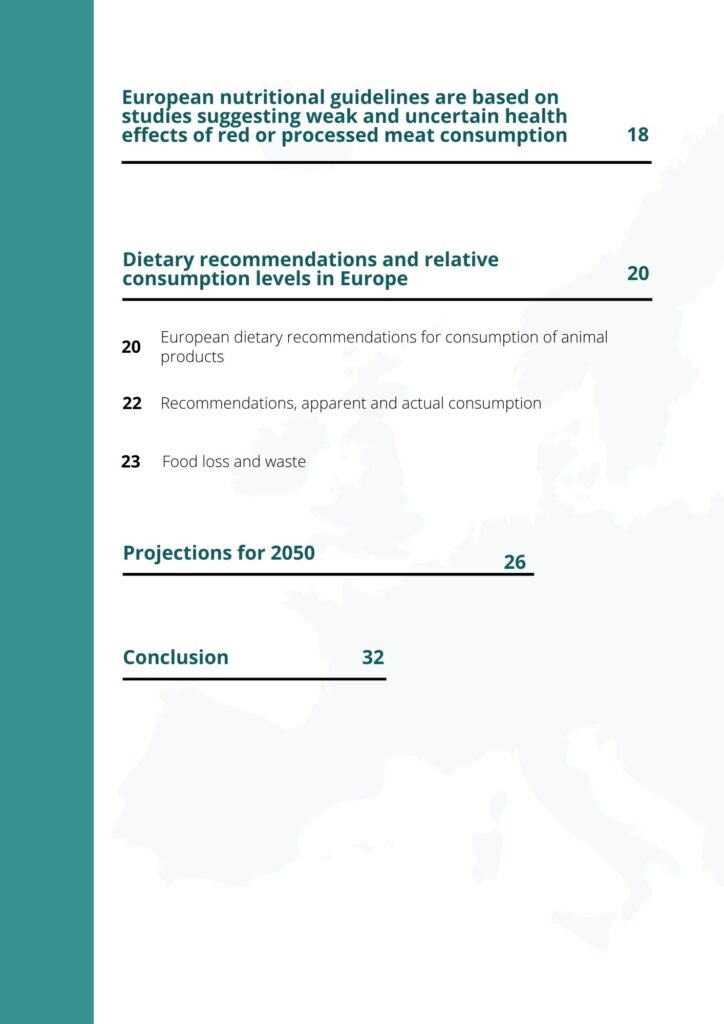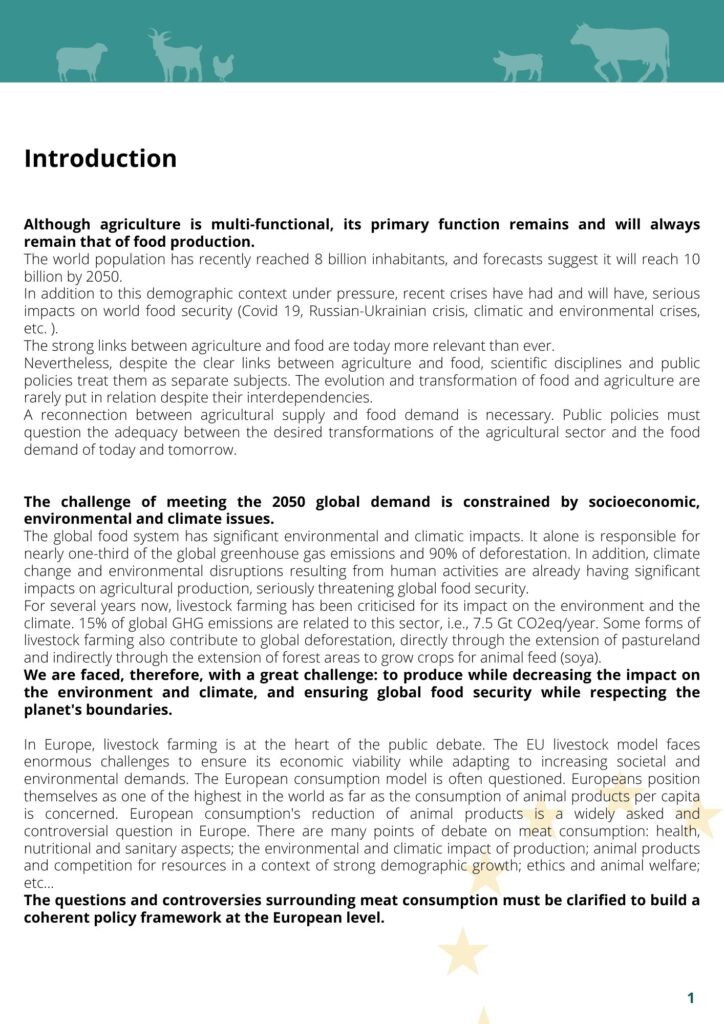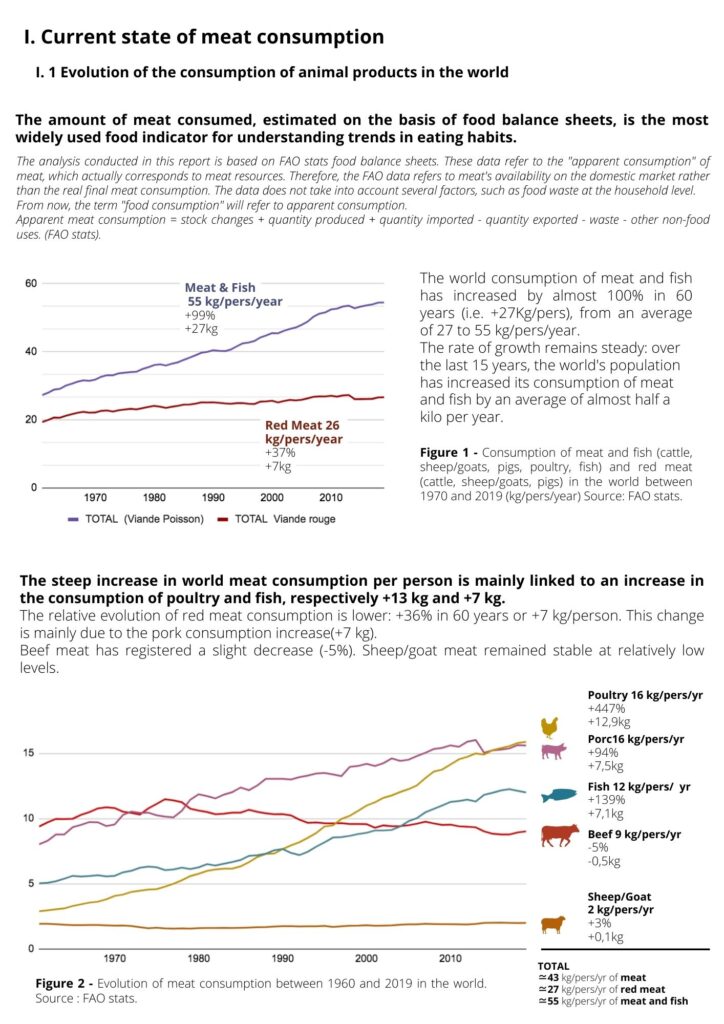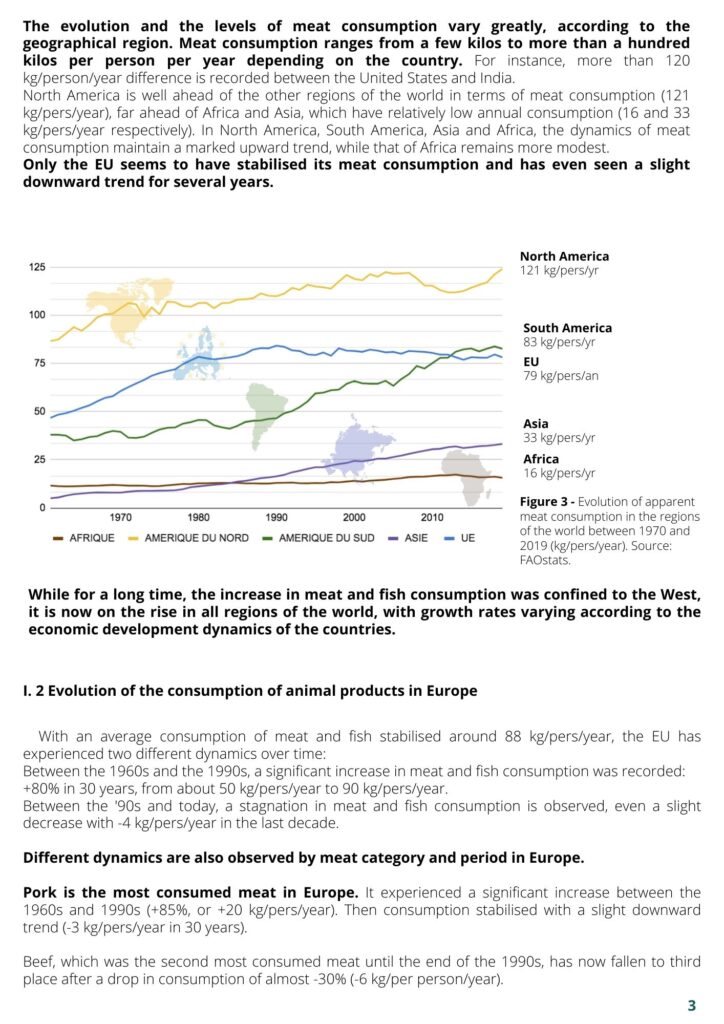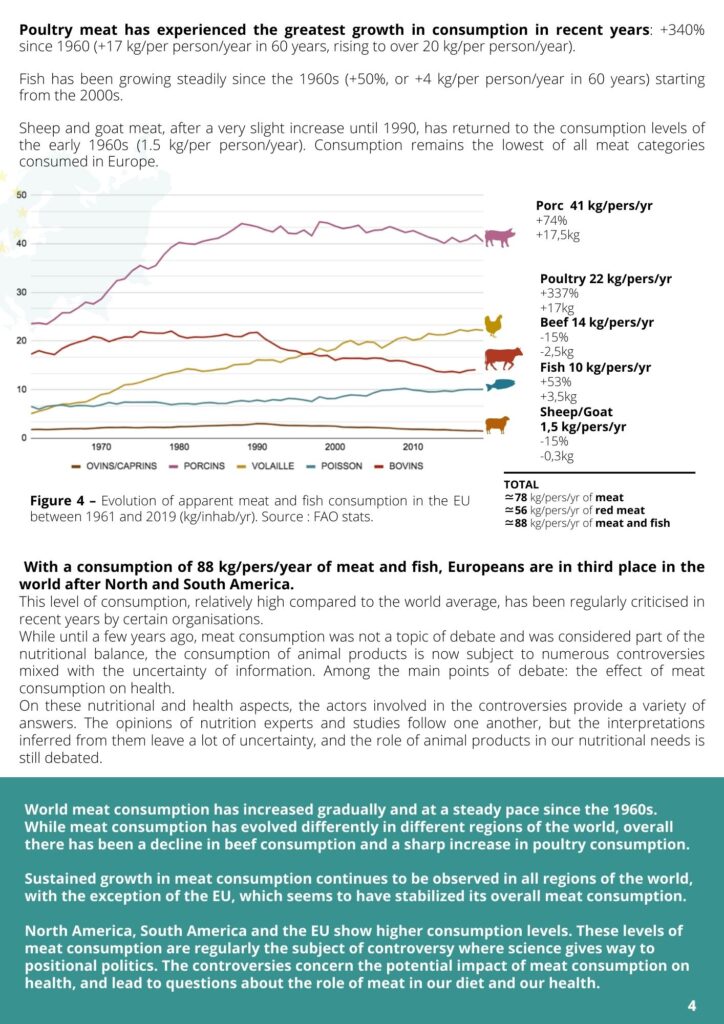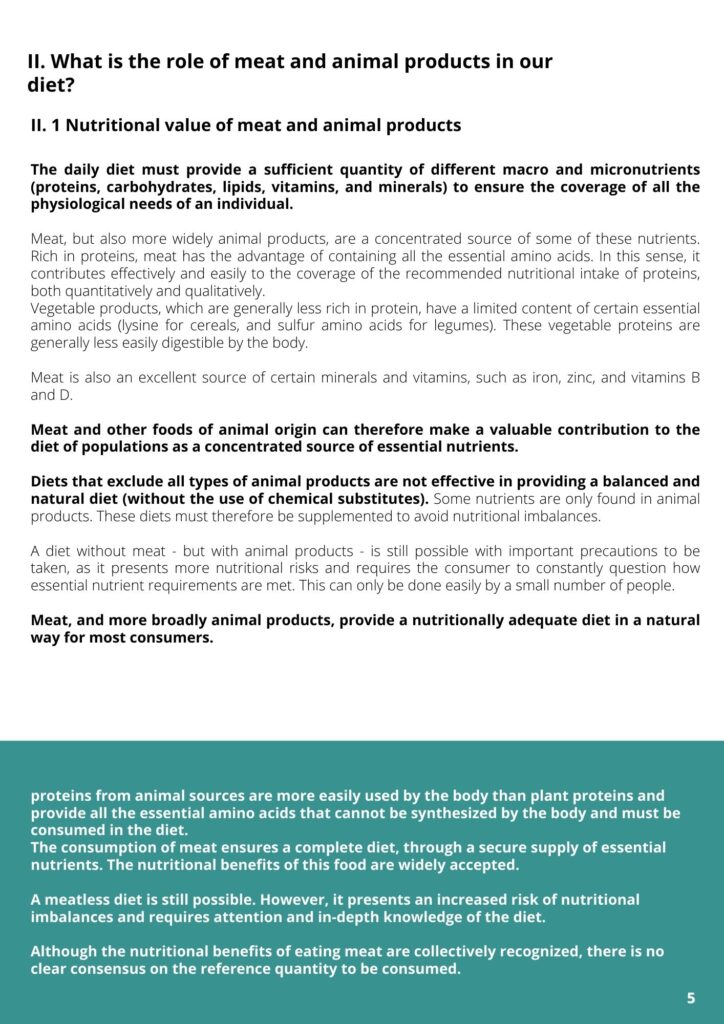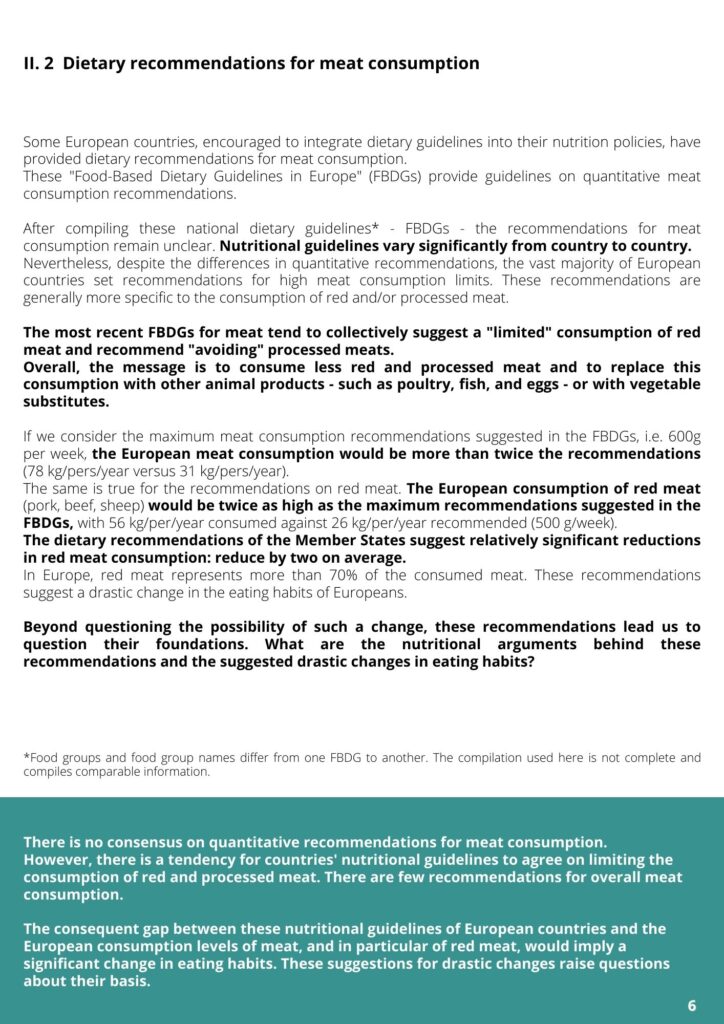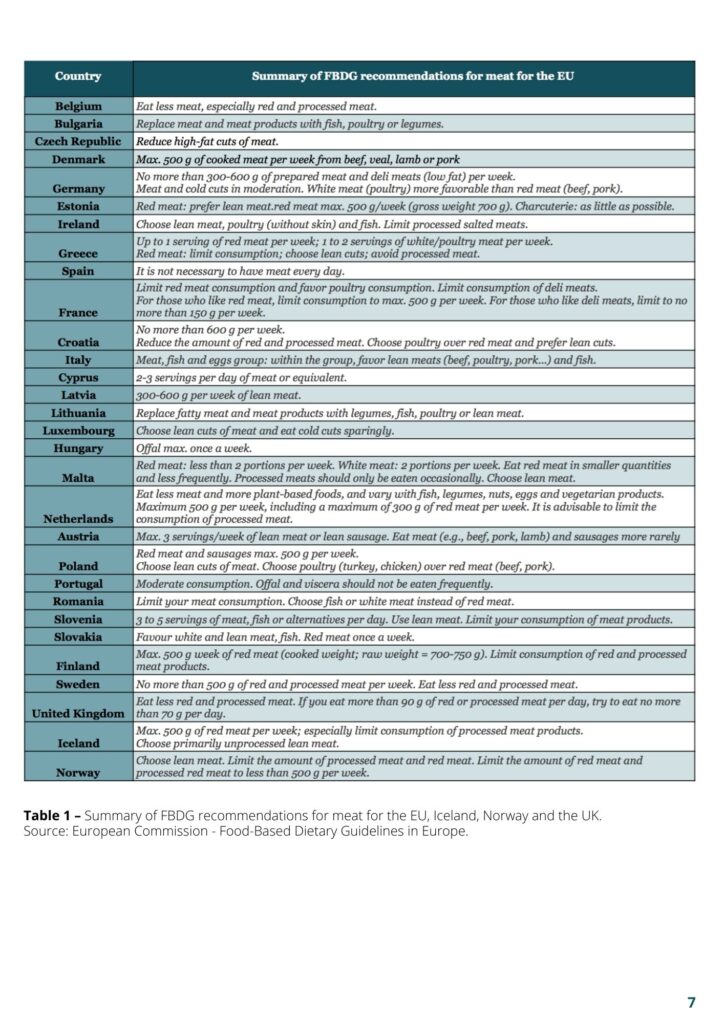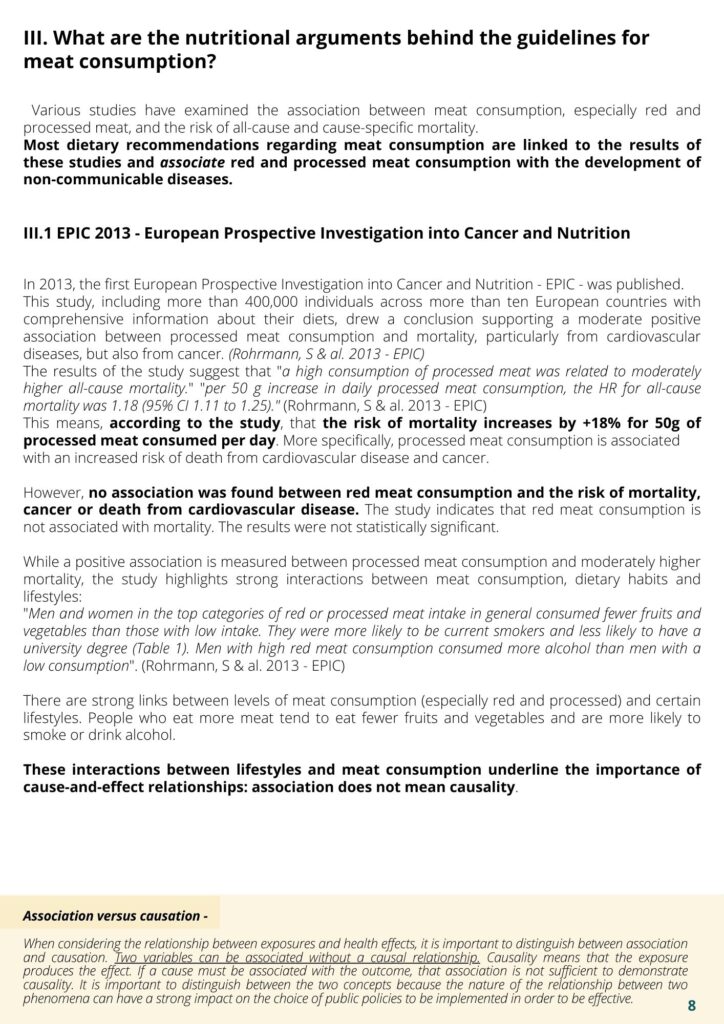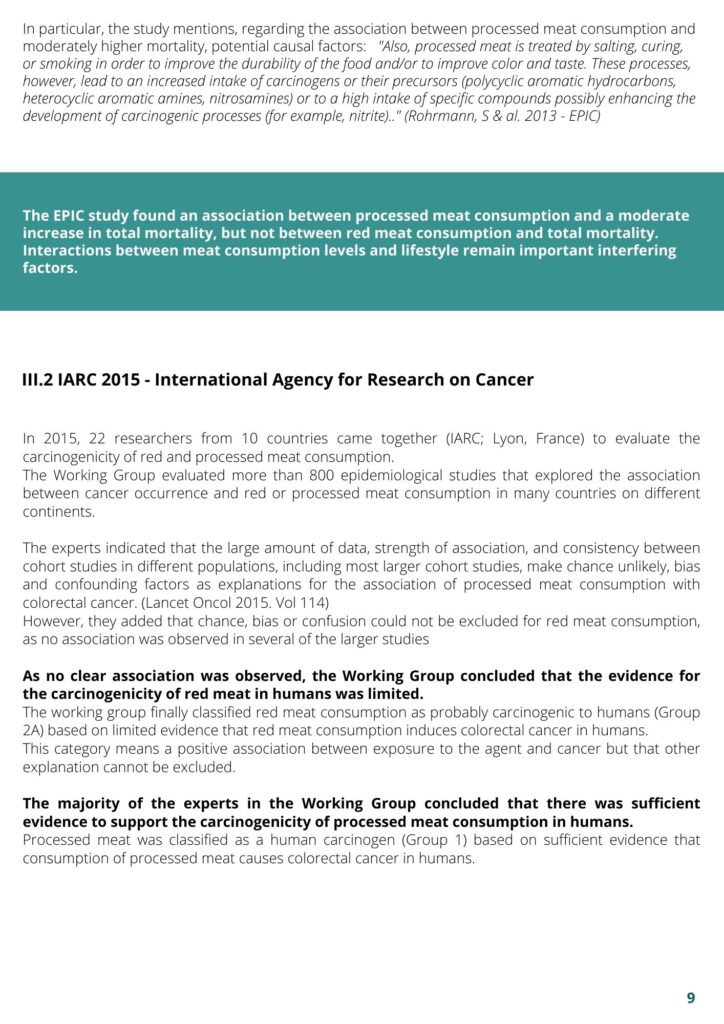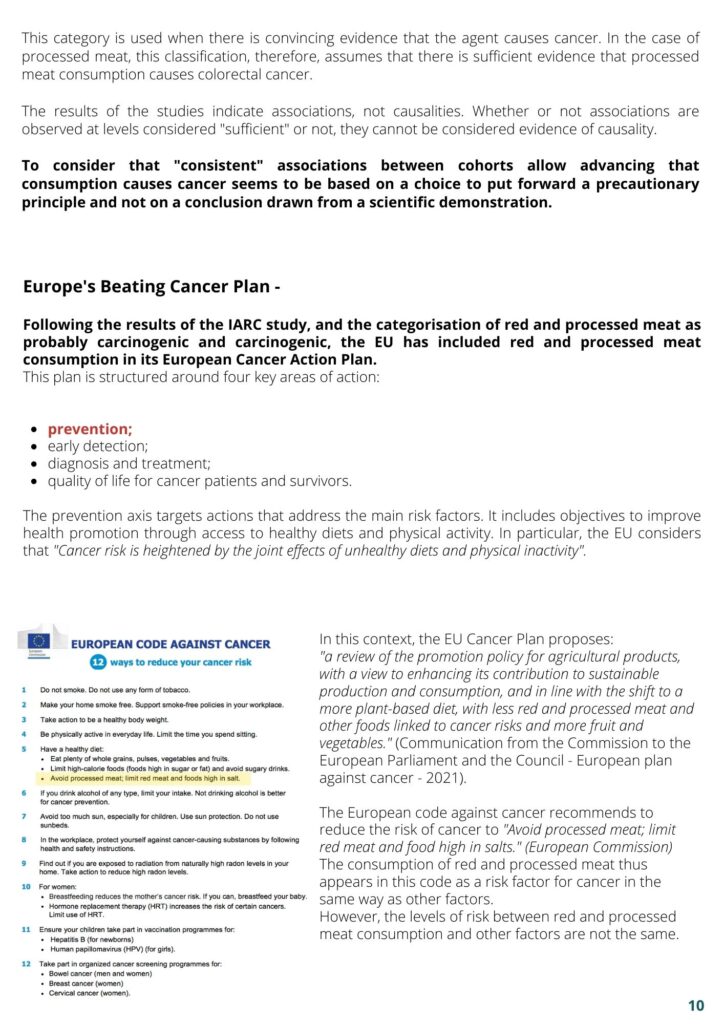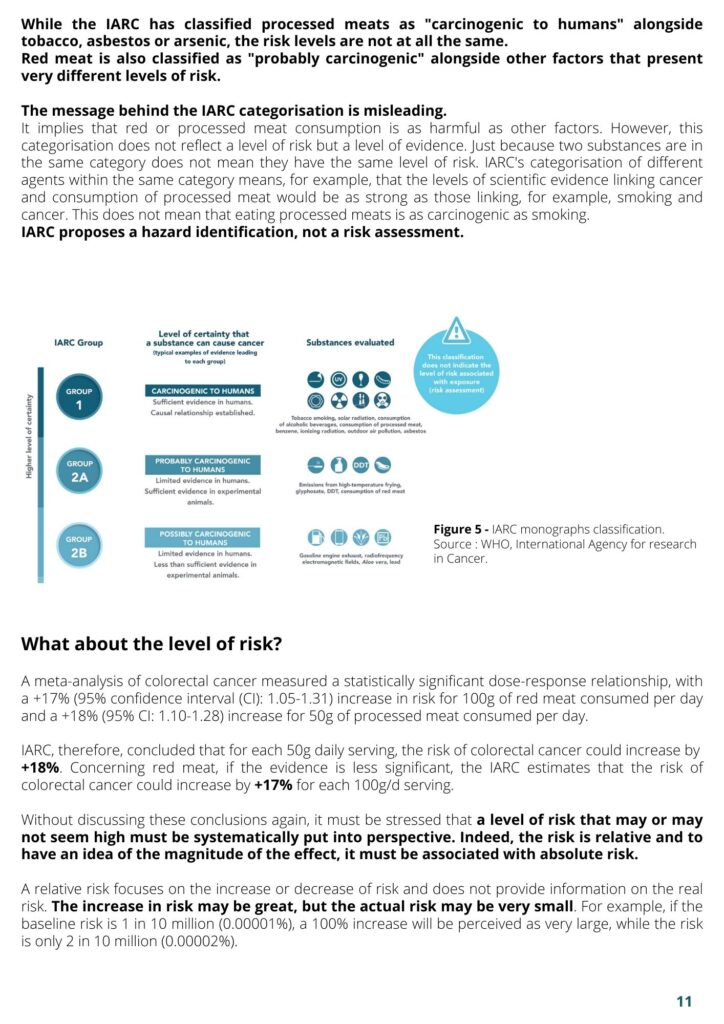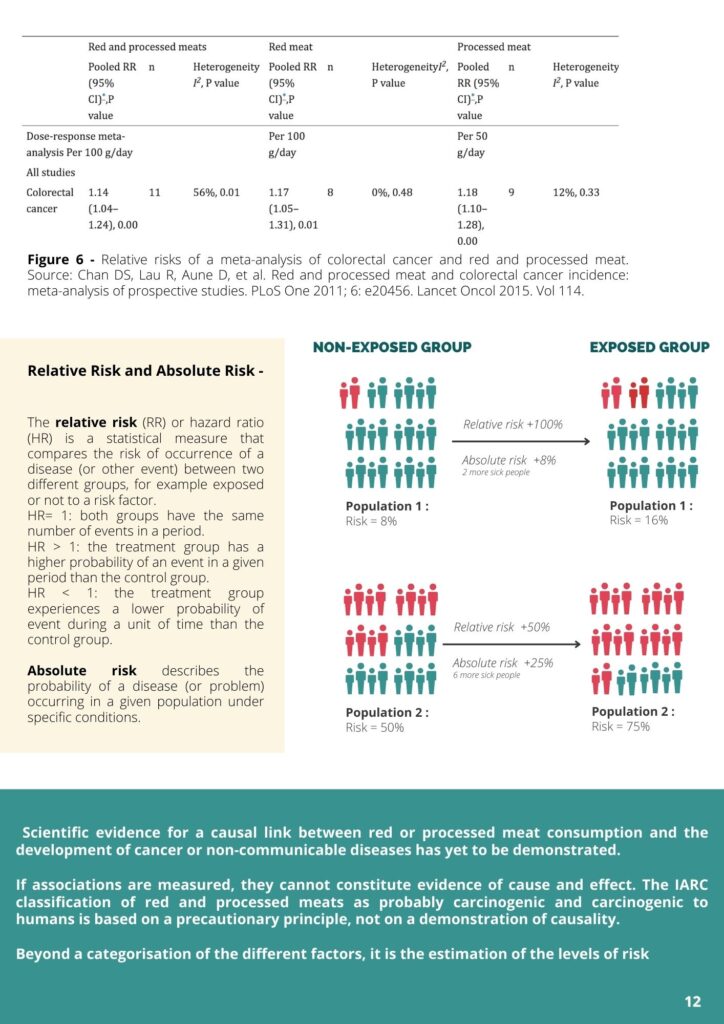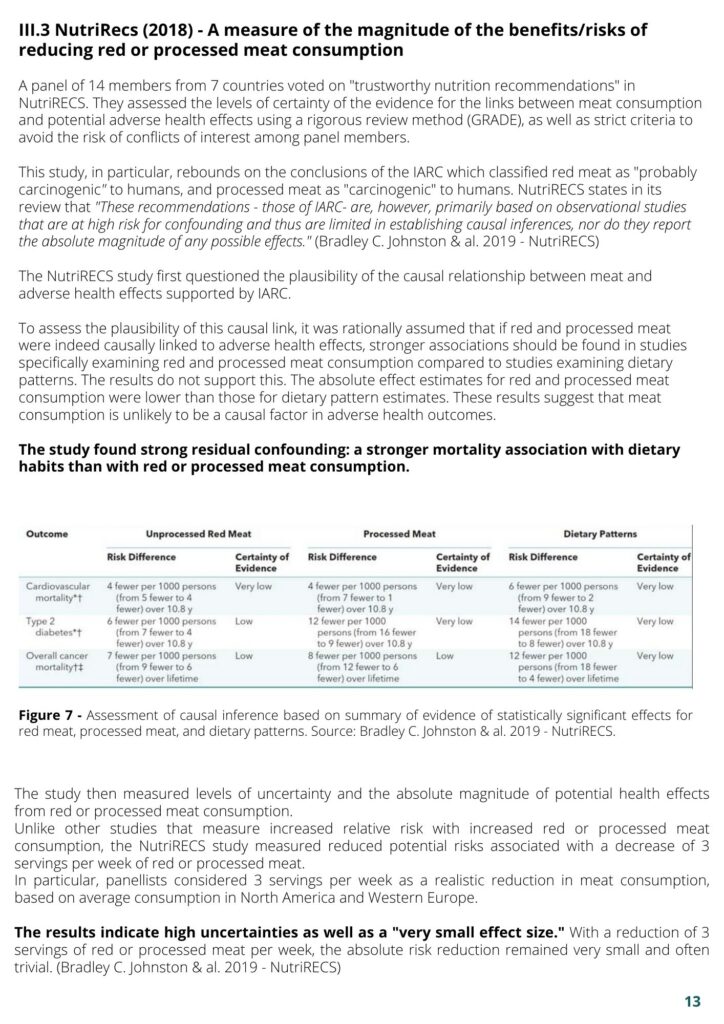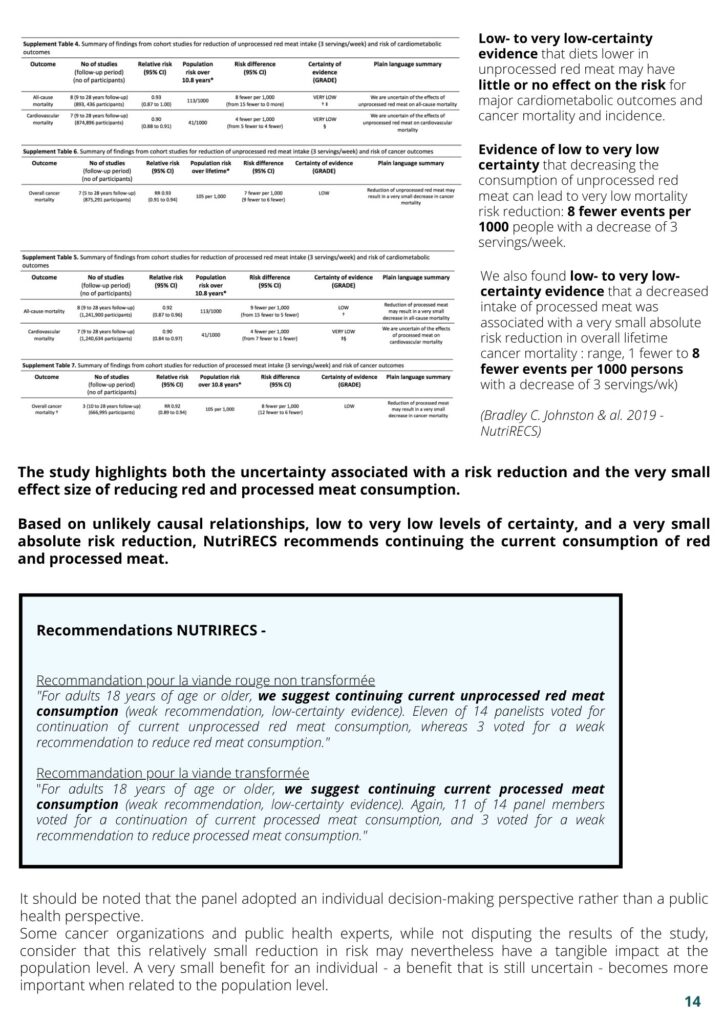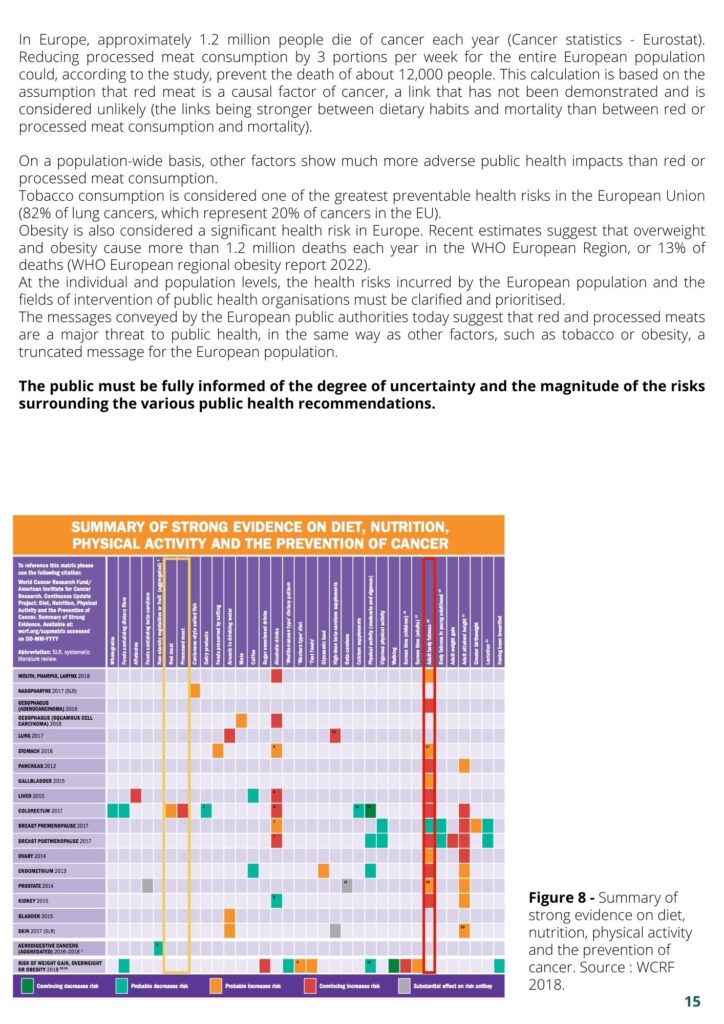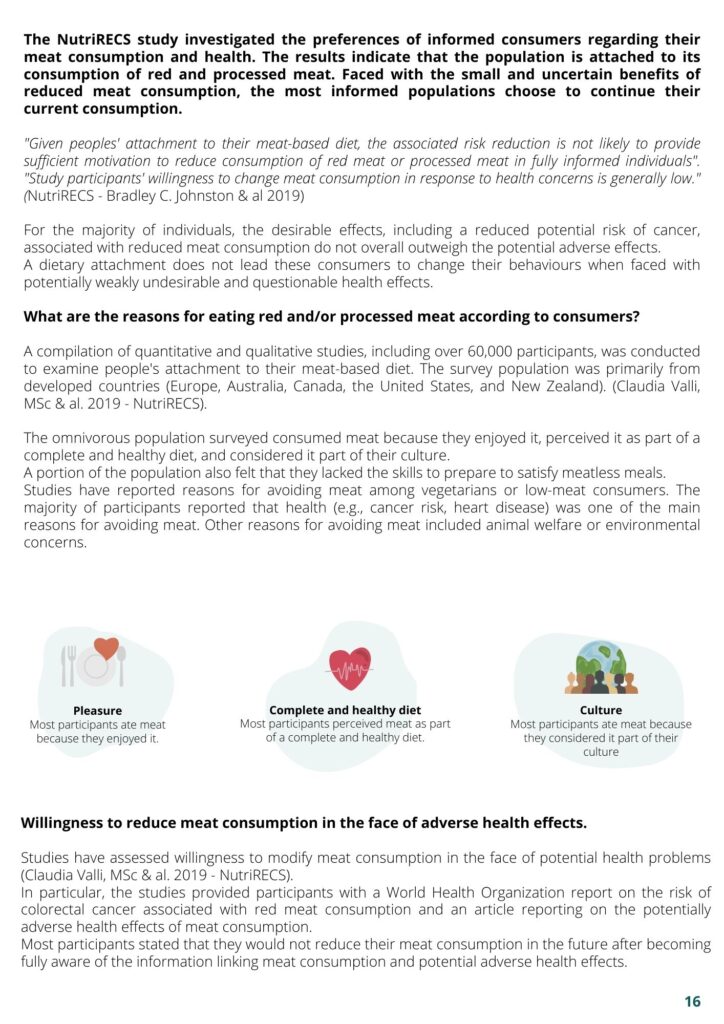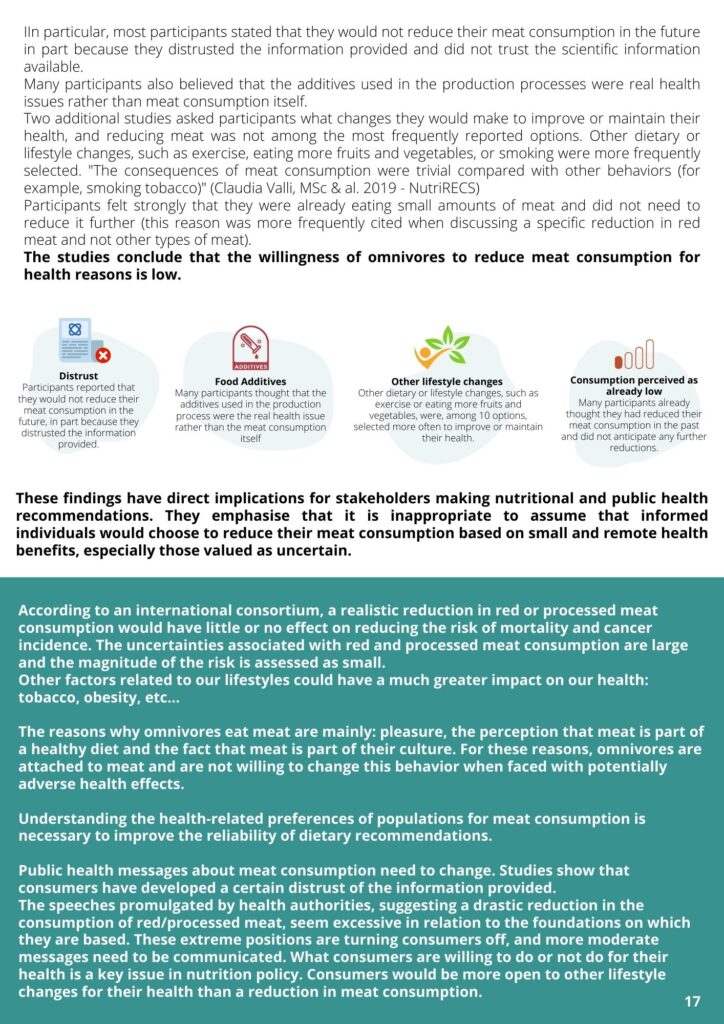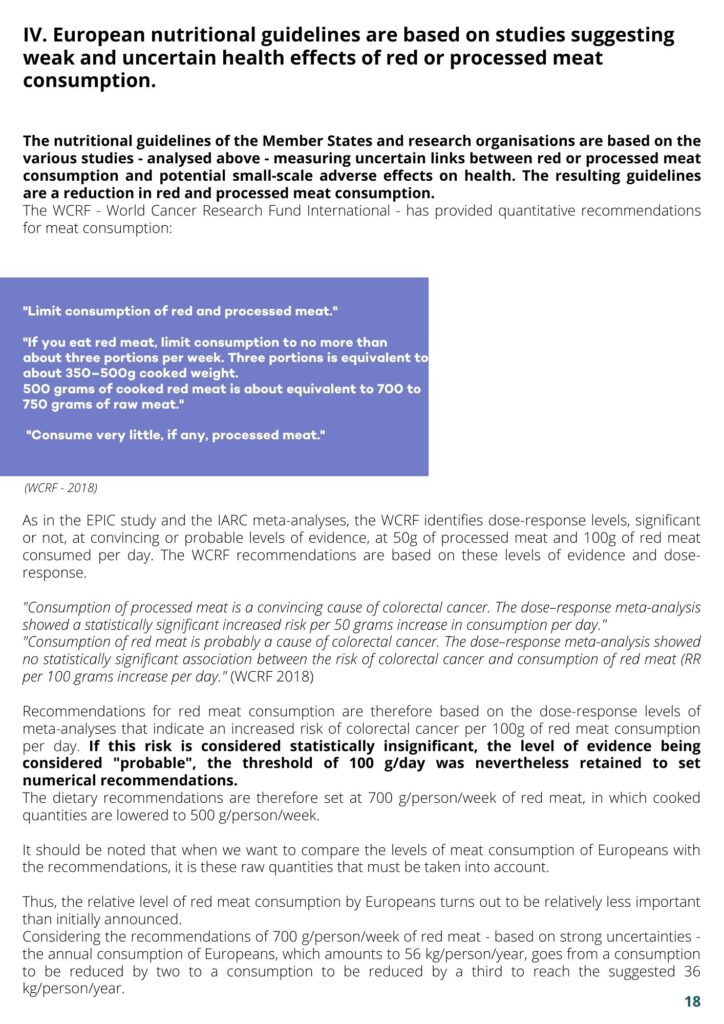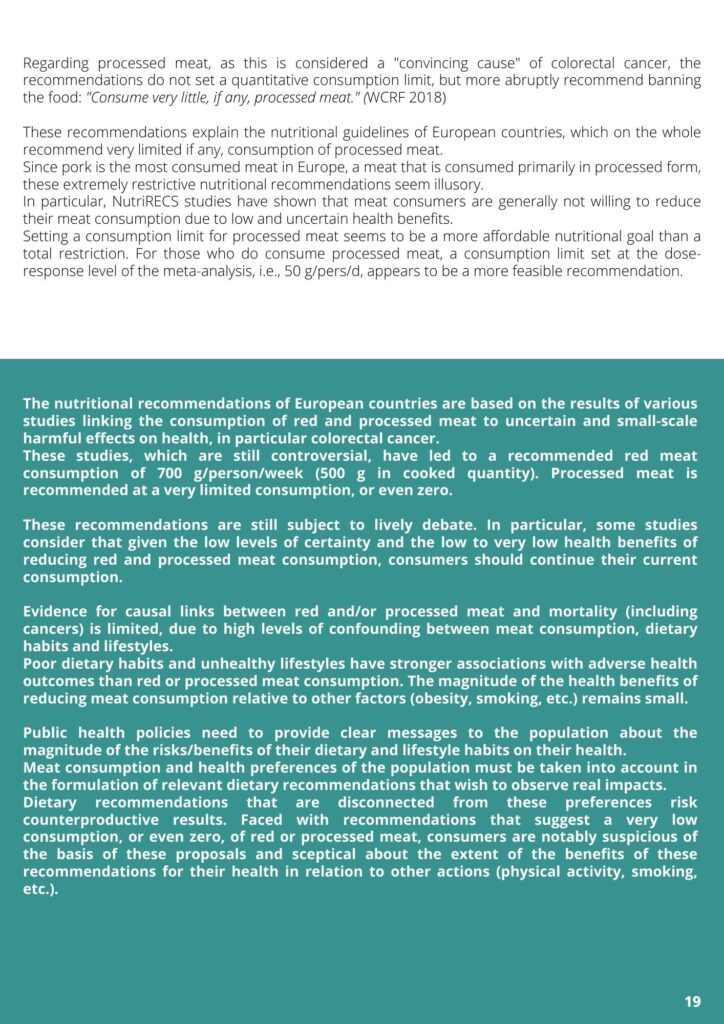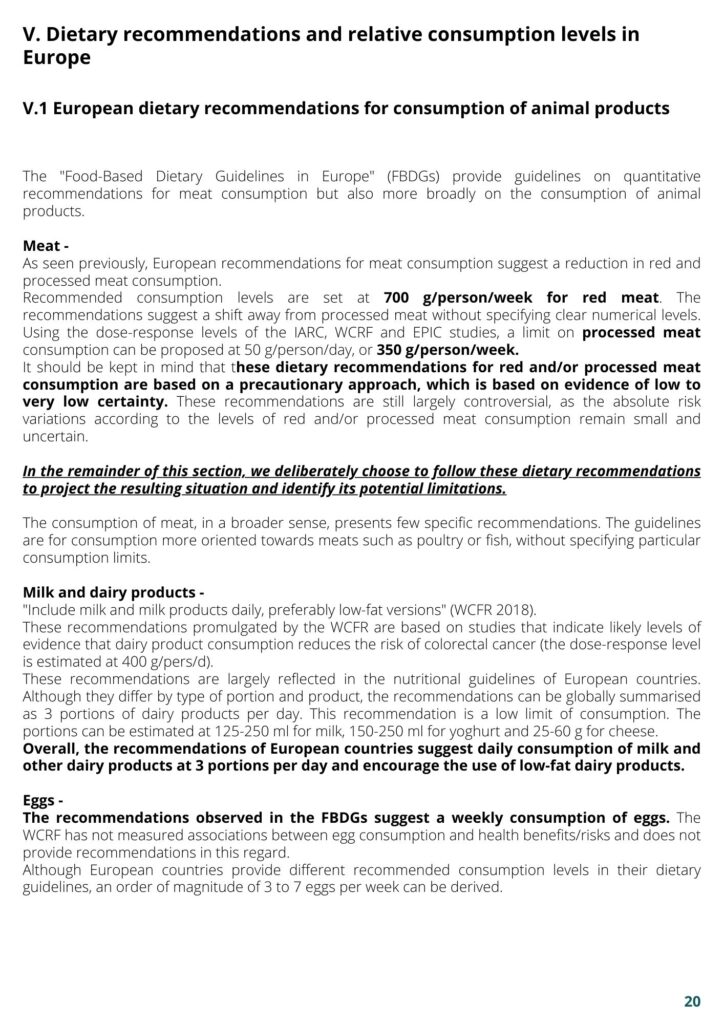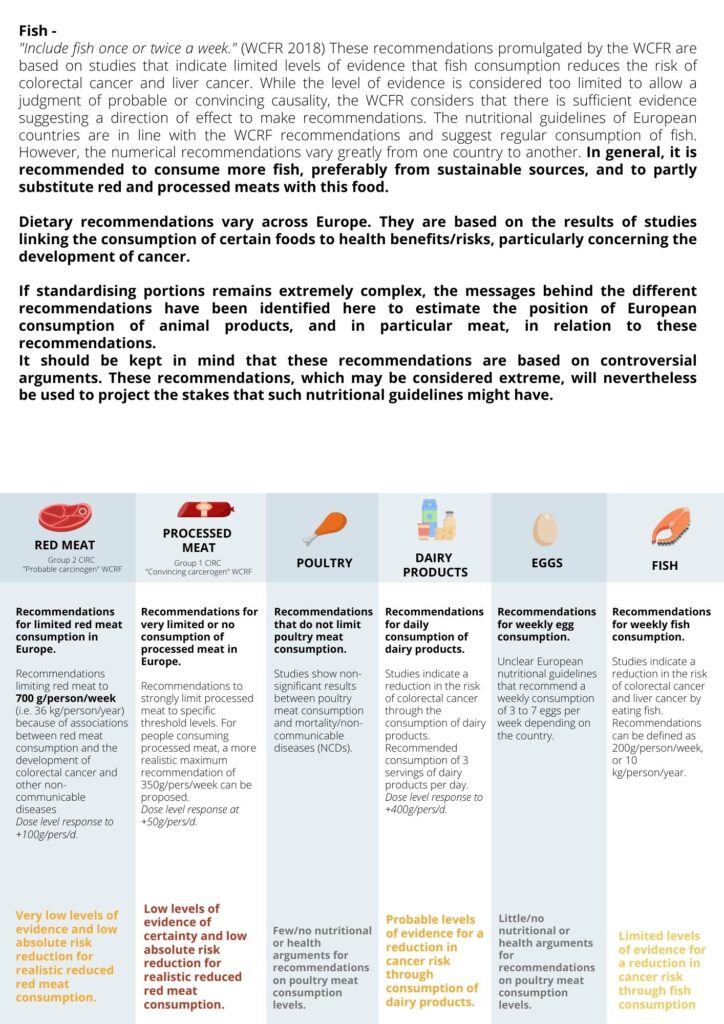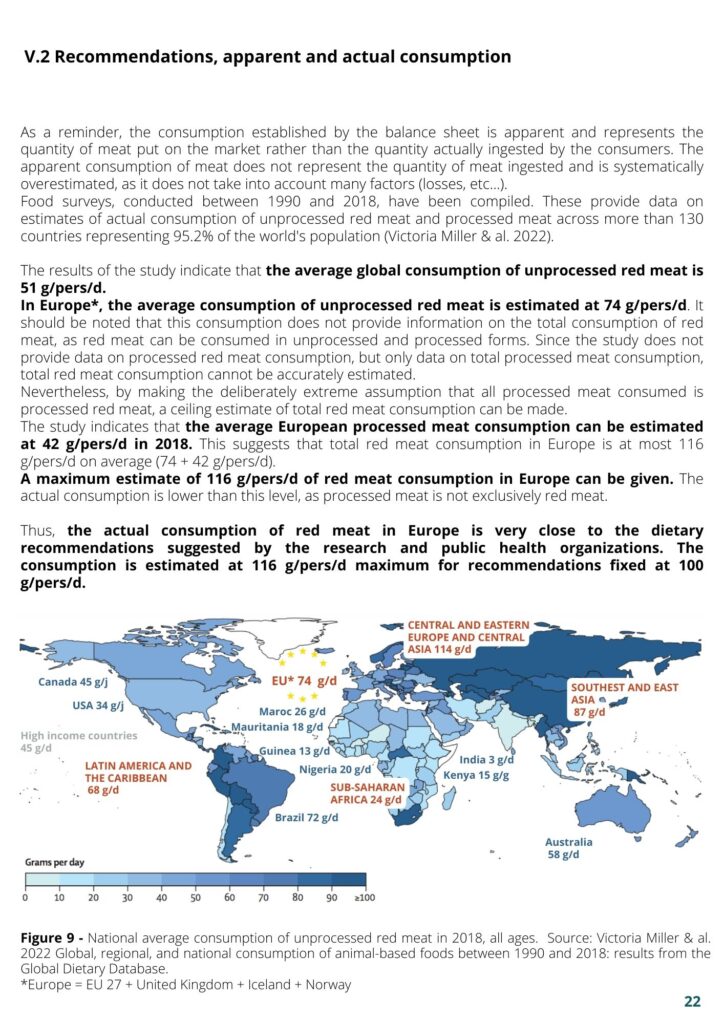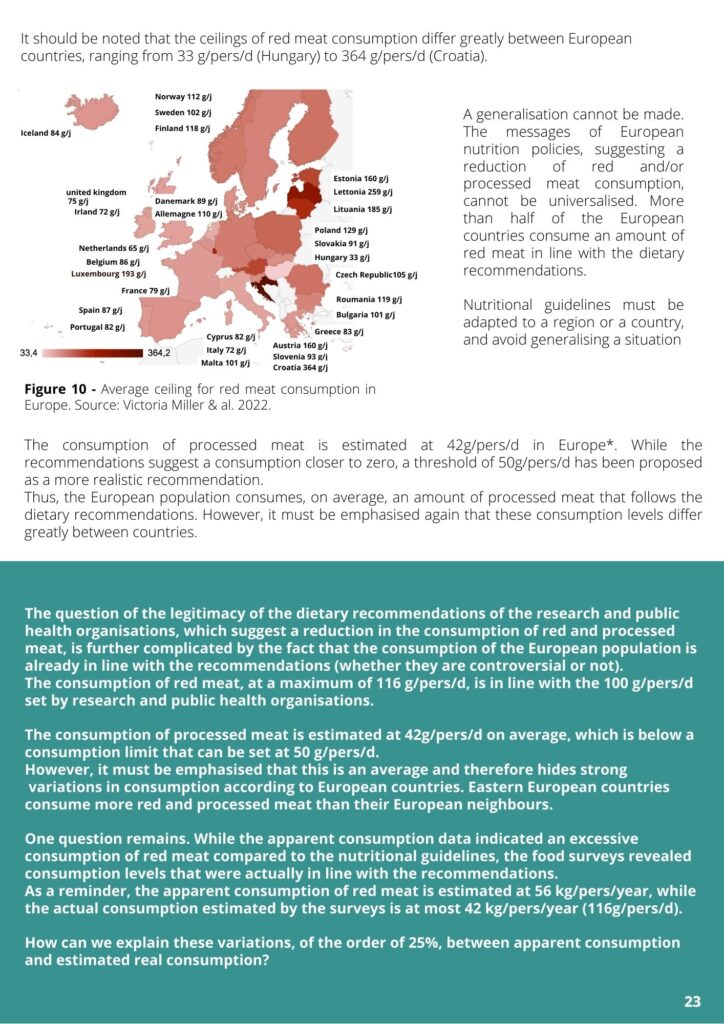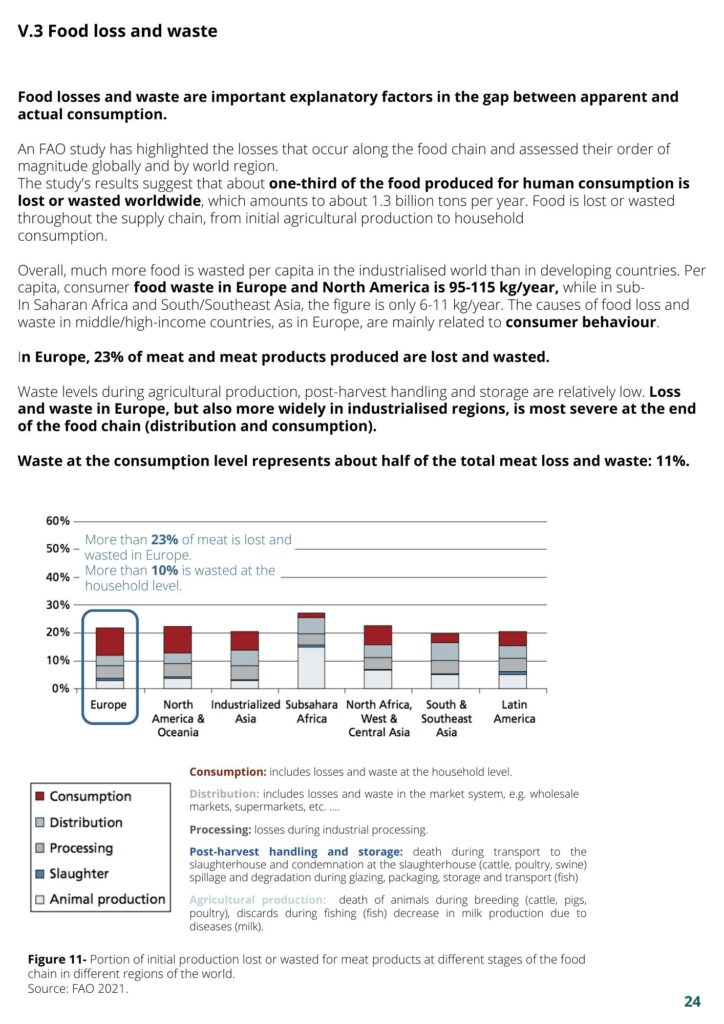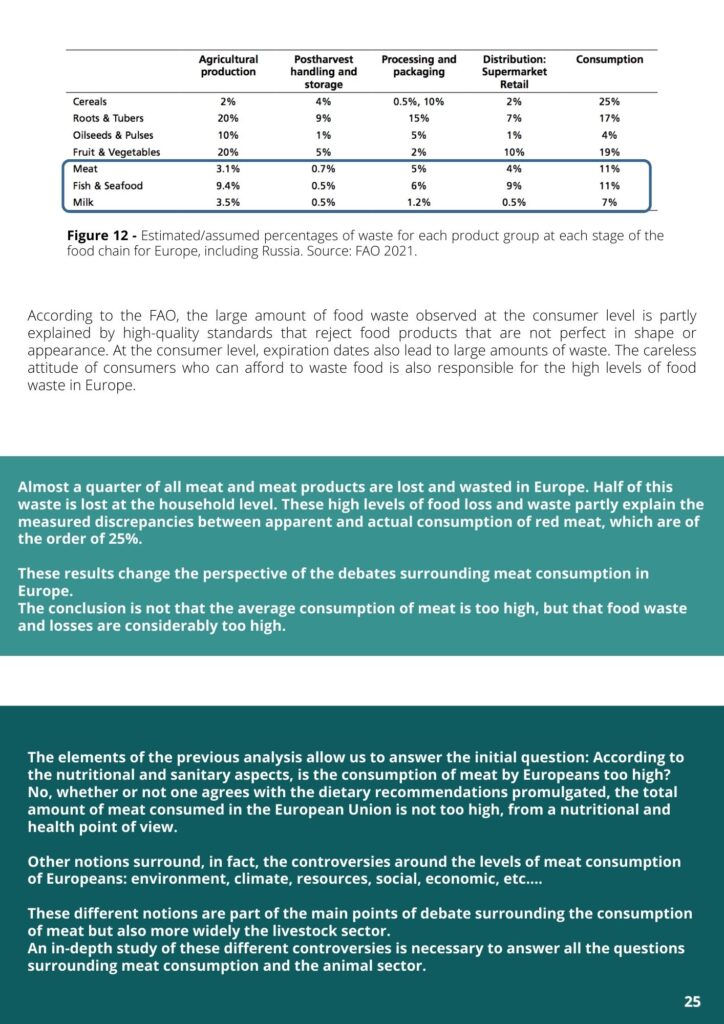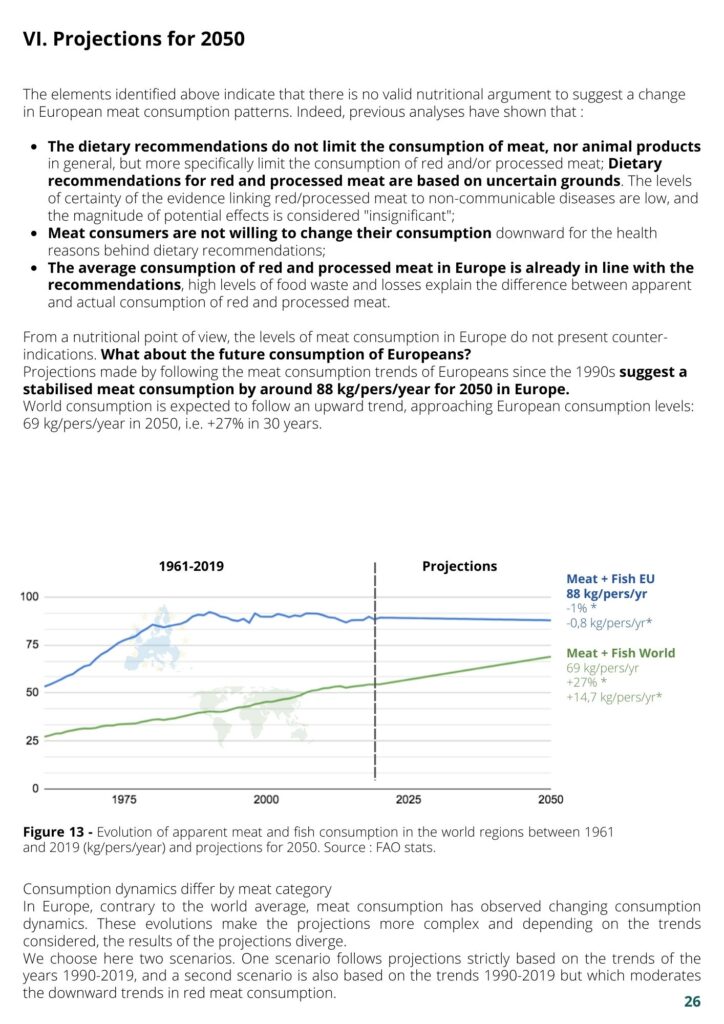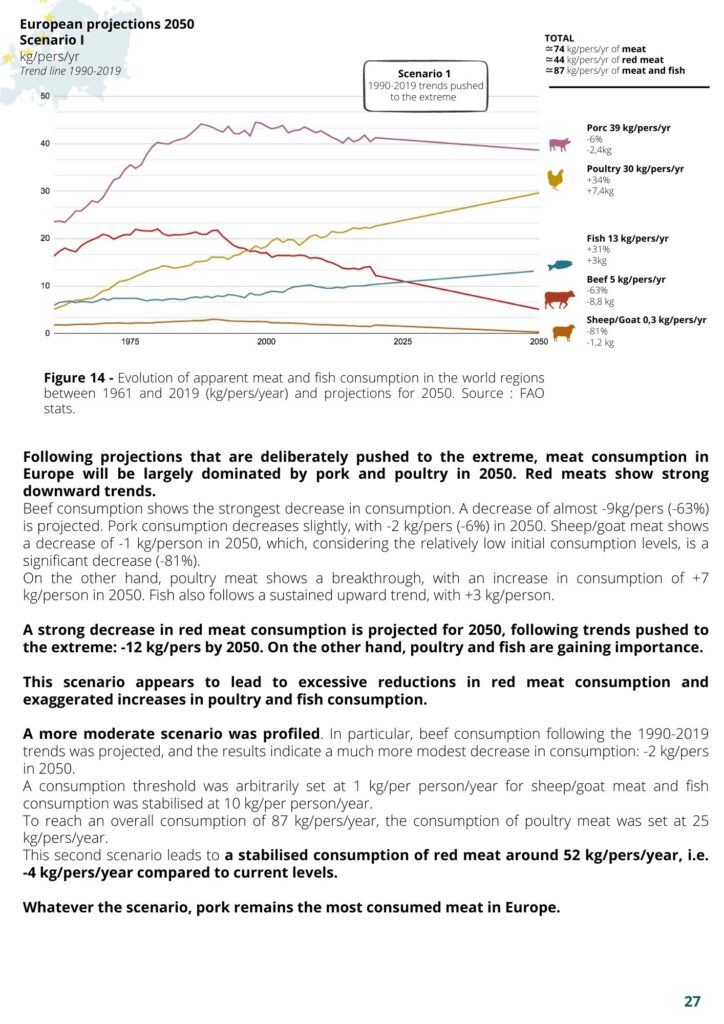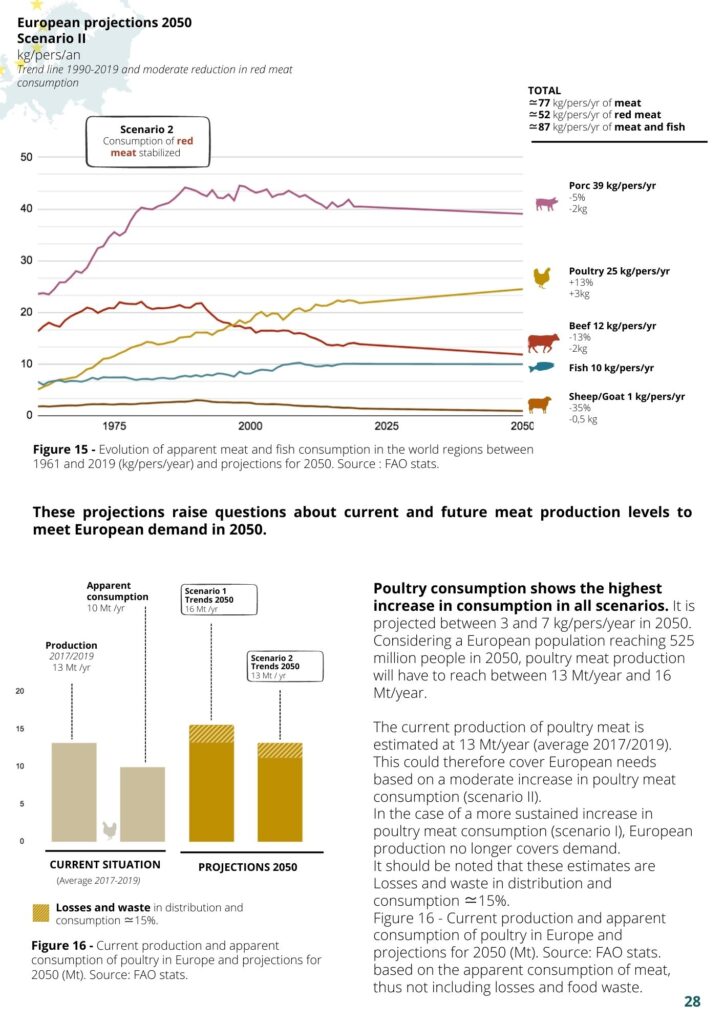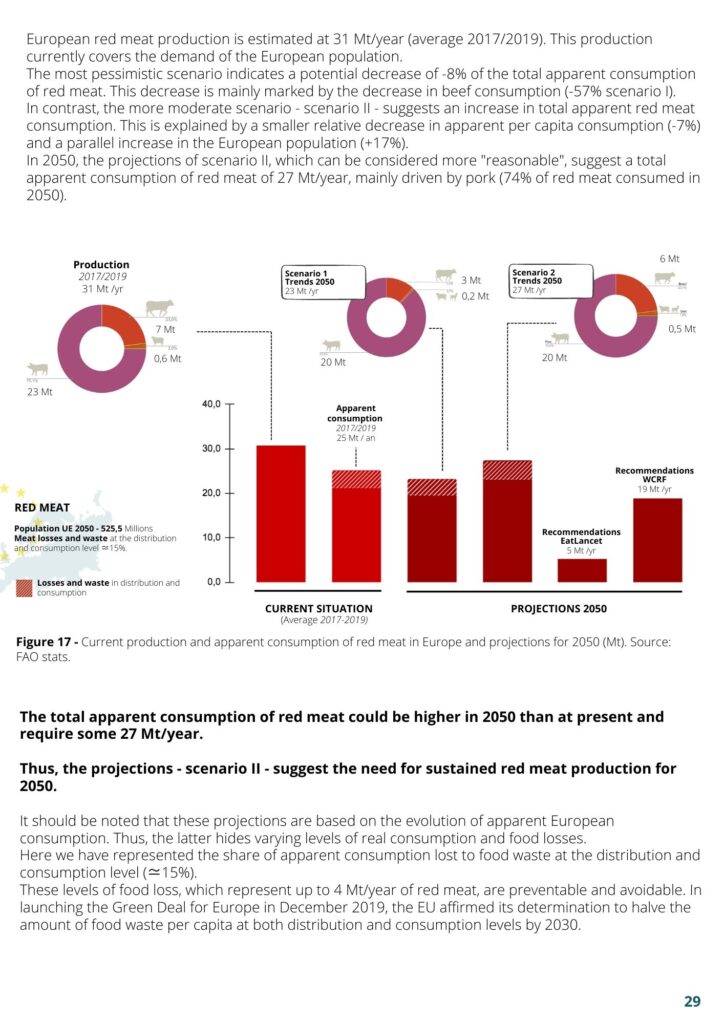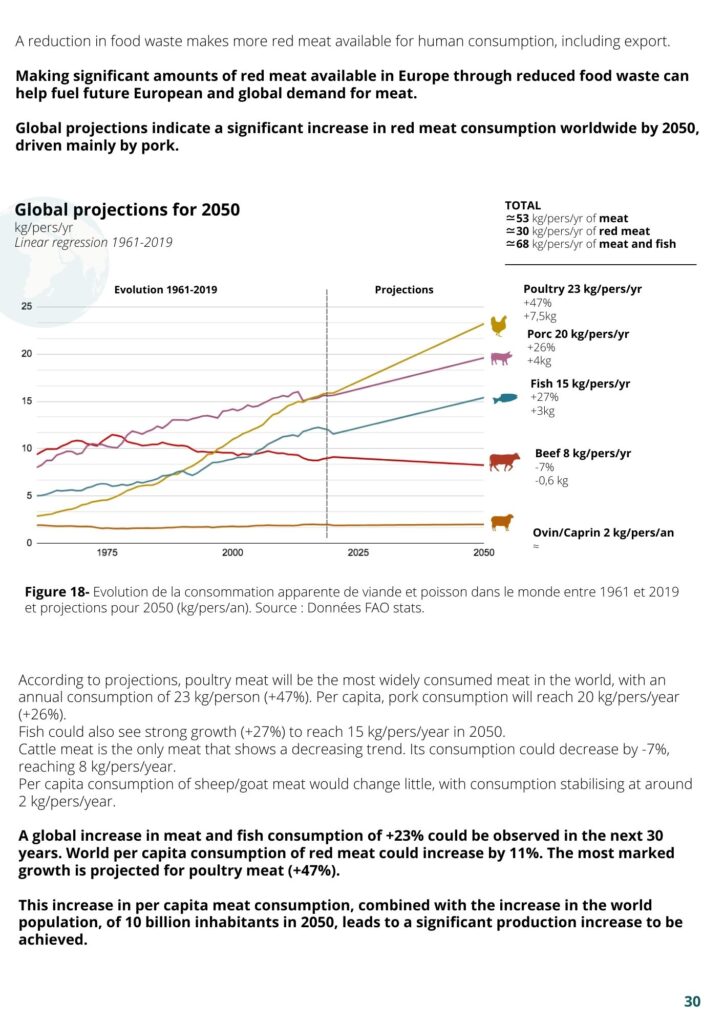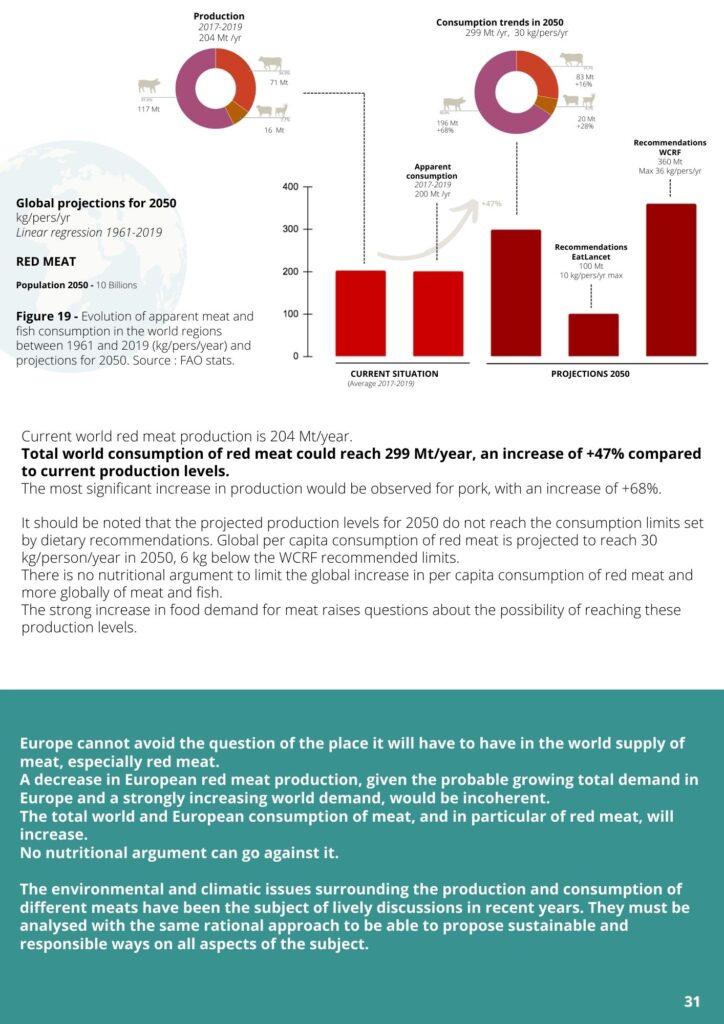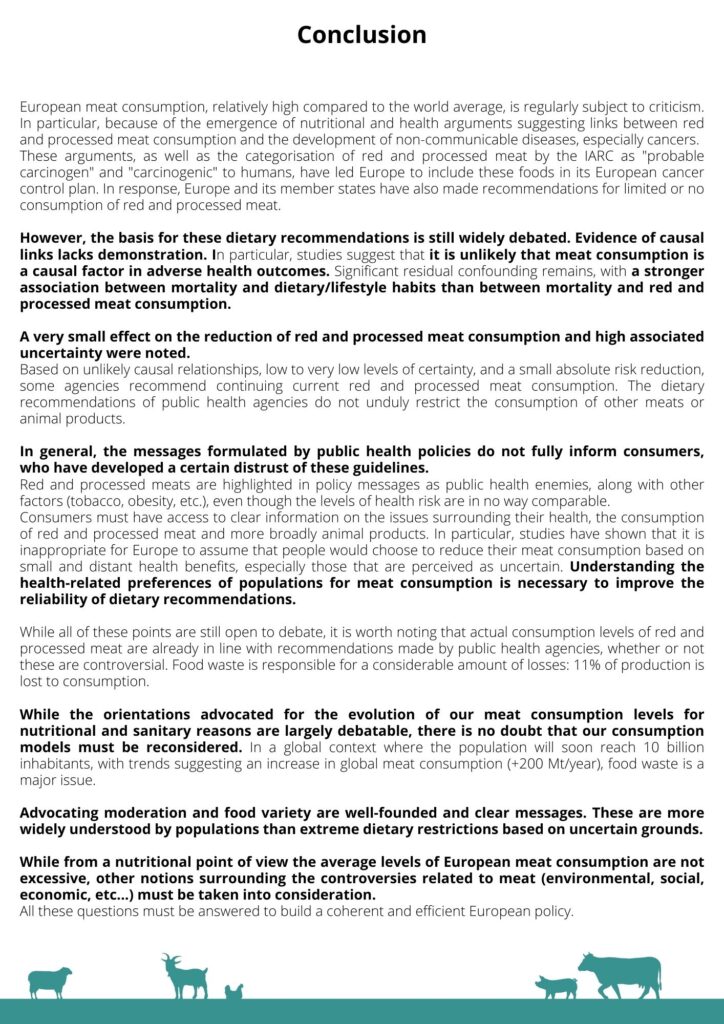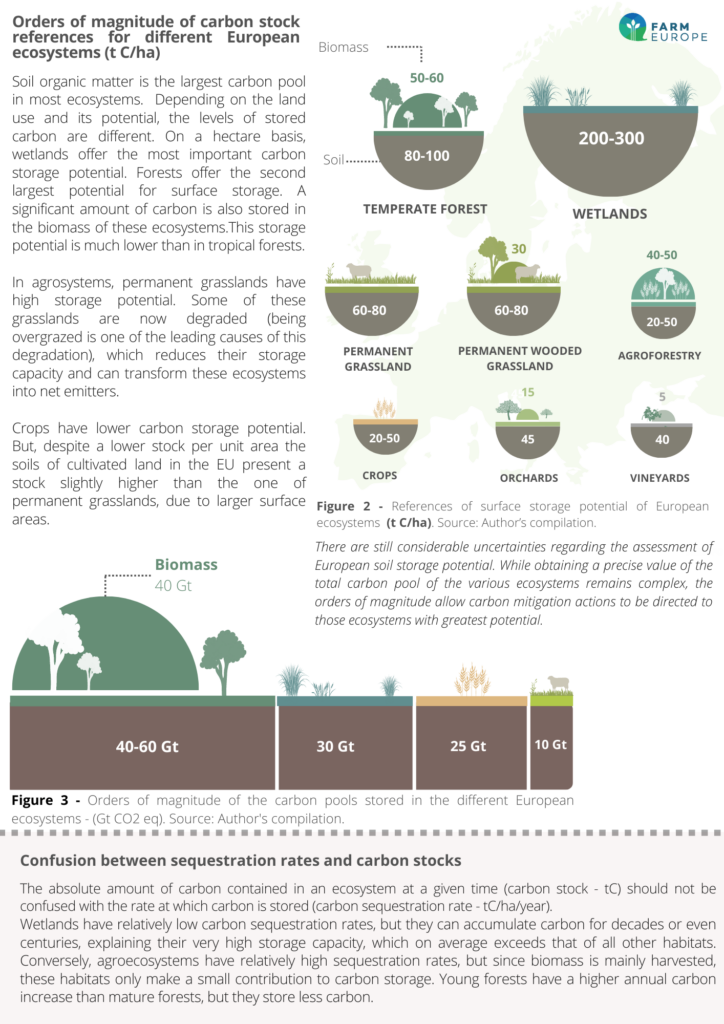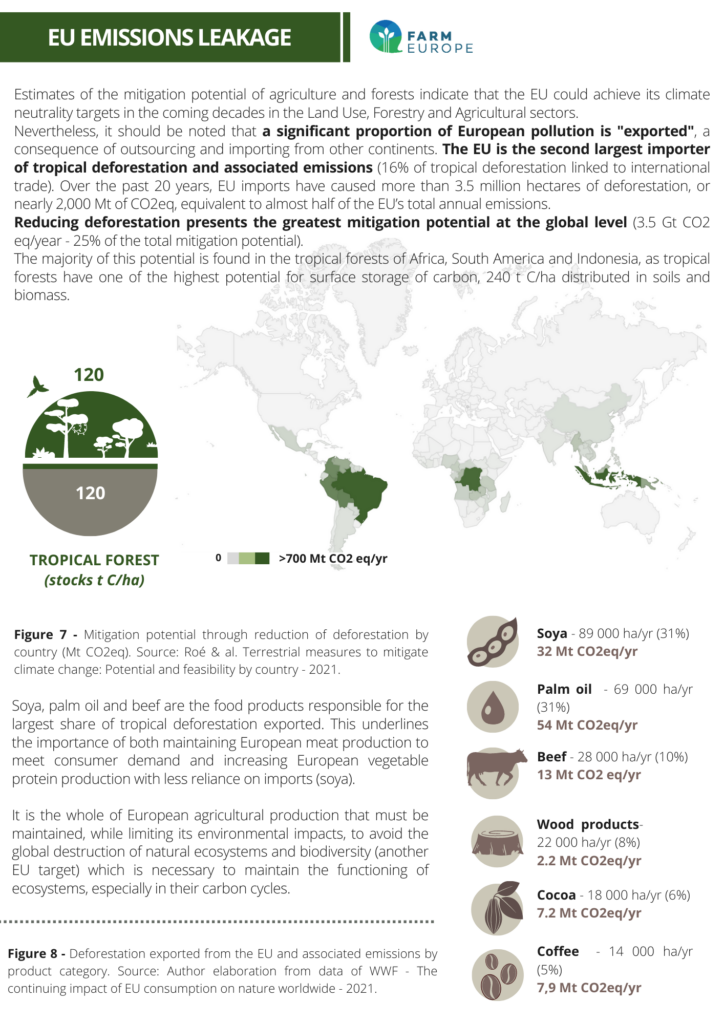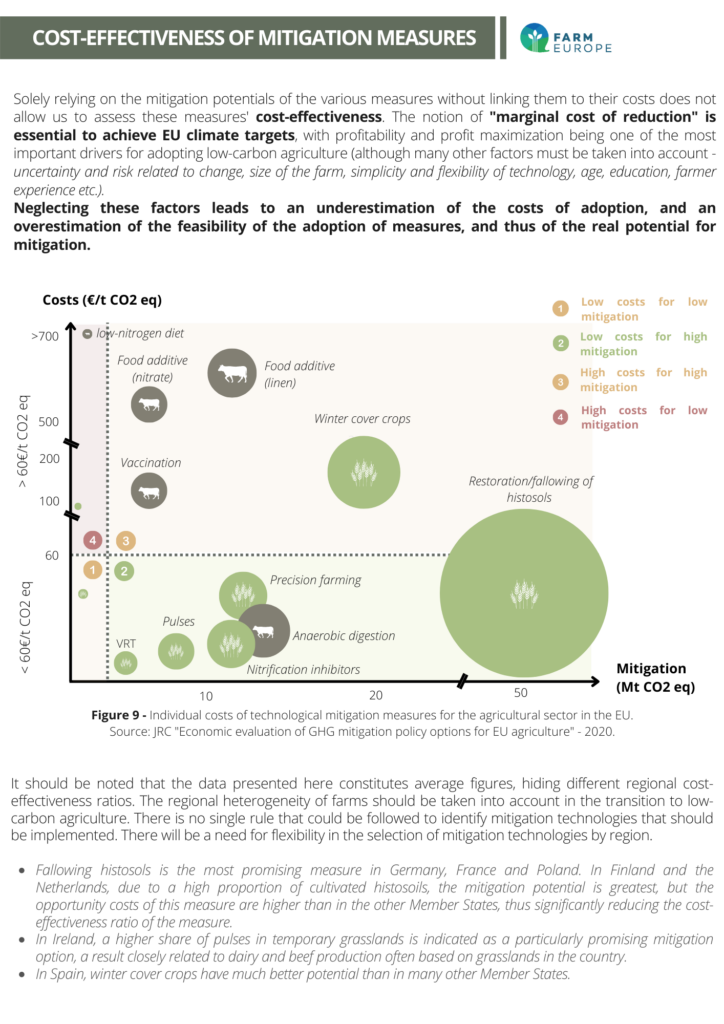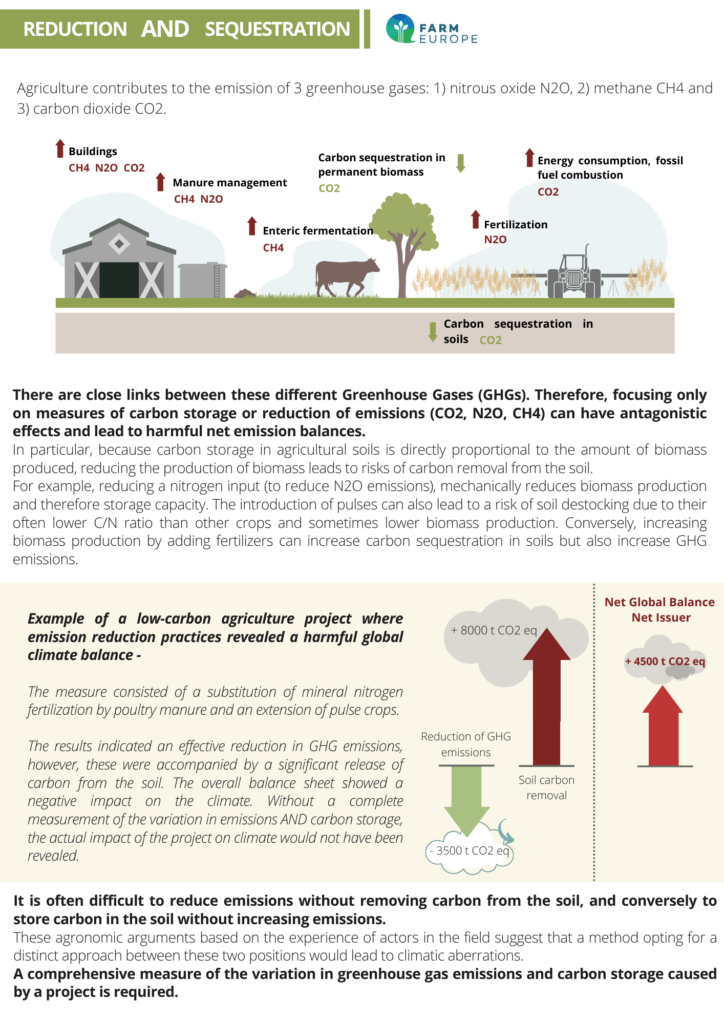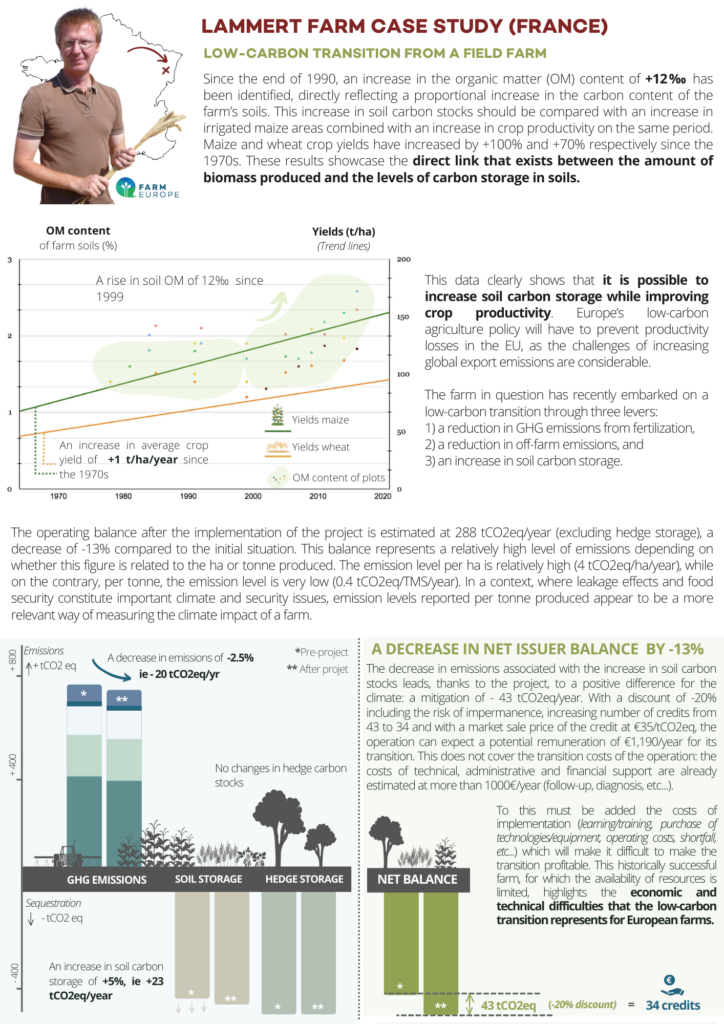The European Commission presented a Communication on “A Green Deal Industrial Plan for the Net-Zero Age”. It also announced that a proposal for a European Sovereignty Fund (ESF) will be made in the context of the review of the Multi-annual financial framework before summer 2023. The Plan and the ESF are meant to be the EU’s response to the Inflation Reduction Act (IRA) triggered by the United States, which heavily subsidizes actions against climate change, but also to try coordinating further the European approach after a super-intensive year of state aids in a few Member States, France, and Germany in particular.
The Communication defends furthering support through state aid to all renewable technologies and supporting “innovative advanced biofuels plants”. However, the Communication is mute on supporting the transition towards greener agriculture, contrary to what the US has done in the IRA. Contrary to the US, the Commission ignores an economic sector that is key to achieving a net-zero economy in the EU.
Transition to a greener agriculture
To give the scale of the challenge, having a look at the US approach is needed while at the same time keeping in mind that inflation will seriously undermine the leverage capacity of the Common Agriculture Policy in Europe. Overall, about 85 billion EUR will be missing to keep its economic firepower over the 2021-2027 period in comparison with 2020, which simply means fewer investments, and less capacity to prepare for the future.
On the US side, on top of the usual farm support schemes, approximately $20 billion of IRA funds will support USDA’s conservation. This additional investment will help farmers implement expanded conservation practices that reduce greenhouse gas emissions and increase the storage of carbon in their soil and trees. It brings financial assistance or technical assistance to make the transition.
At a time when the EU’s agriculture already has a serious investment lag vis-à-vis the US on new technologies and processes that reduce emissions and the use of inputs, this further investment package will widen the sustainability and competitiveness gap. The Commission proposals under the Green Deal aim at very ambitious targets for the reduction of input use, and the agriculture sector is also tasked to reduce emissions and increase the capture of carbon. But at this stage, this approach is not accompanied by any significant investment scheme.
That lag will get wider with the IRA, creating a growing unbalance between agriculture on both sides of the Atlantic, and undermining the leadership of the EU when it comes to green and competitive farming technologies. Without any further actions, climate and environmental targets will be compromised, and the competitiveness of the EU’s agriculture would suffer as well. Other than climate change and the environment, the EU’s food security and food sovereignty would be challenged as the energy price gap will continue eroding EU competitiveness.
Transition to green energy
The IRA also provides a $14 billion investment in helping farms and rural electric co-ops transition to clean energy. On top of the current incentives and mandates, the IRA invests an additional $500 million to expand biofuel infrastructure, and broaden the availability of renewable fuels like E15, E85, and B20. In addition to that it extends tax credits for biodiesel and sustainable aviation fuel (SAF).
EU green industries, such as producing sustainable biofuels, already face severe headwinds when competing with the US and other key producers, in particular, due to much higher energy costs. EU production of biofuels is by far the main contributor to decarbonizing the transport sector. The higher GHG reduction targets proposed by the Commission, under discussion by the co-legislators, will contribute to all sustainable biofuels a fundamental building block to achieve those goals.
If the current competitive disadvantages persist, on top of the new US IRA subsidies, it will be inevitable that well-needed new investments will cross the Atlantic, and existing EU operations will struggle to survive. EU biofuel demand for transport decarbonization would be provided for by imports from the US, and other main producers, to the detriment of EU-based industries.
The Green Deal Industrial Plan and the ESF should aim at putting EU sectors that are key to fighting climate change, like sustainable biofuel production without exception, on an equal footing with the US. Failure to do so would kill new investments in the EU, and compromise the EU’s ambitious targets for GHG reductions, carbon capture, and environmental protection.
At least €40 billion EU fund needed for investments in agri-food systems
The Green Deal Industrial Plan and the ESF must foresee an additional package dedicated to supporting investments in agriculture in new technologies and processes that reduce emissions and input use. They must also create the right incentives to increase carbon capture, alongside carbon savings, and to produce clean energy. Overall, a surge in the investment capacity of the CAP will be needed not later than during the 2023-2025 period for Europe to stay in the game, on course to achieve its green ambition, secure a dynamic agri-food sector in Europe, and avoid an investment drain for the green economy on the other side of the Atlantic.
At least 40 billion EUR must be mobilized at the EU level, rather than only via State Aids that are certainly needed, but that risk generating a multi-speed Europe undermining the internal market. This fund must be complemented by a stable and pragmatic regulatory framework providing visibility to economic actors at a time when a major demographic challenge is looming in the farm sector and when economic actors need clear signals.
